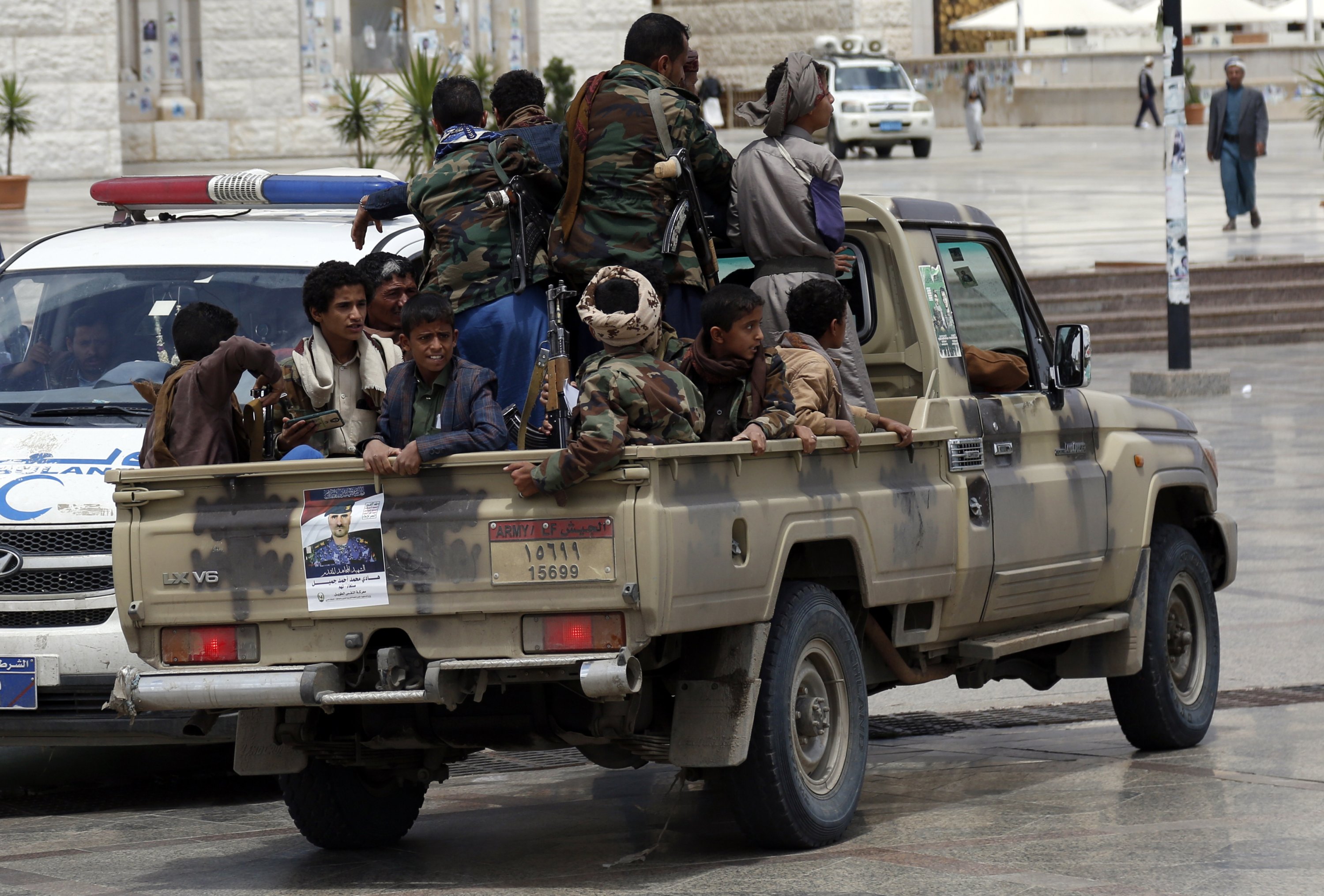National interest vs humanity
The speakers raised concerns about the global indifference toward the Yemeni crisis and called on the world to struggle to end the enduring humanitarian problem. Conflicting interests and perspectives between different domestic political actors are not the only reason for the world's biggest humanitarian crisis, the diverging interests between three regional powers, namely Suadi Arabia, Iran and United Arab Emirates (UAE), also play a role. In other words, the Yemeni crisis is not just a domestic problem, it is also a regional proxy war between regional powers. Neither intervening regional powers nor international organizations succeeded in ending the crisis. Regional powers prioritize their national interests, not the benefit of the Yemeni people. Therefore, none of these regional powers play a constructive role in ending the conflict. Riyadh, Tehran and Abu Dhabi do not want a final resolution of the crisis in a way that would provide an atmosphere of peace and tranquility, allowing for the independence of the Yemeni people. They totally ignore the humanitarian dimension of the crisis and invest only in the military sector. They use all means and financial resources to recruit more mercenaries to fight for them. Their proxies in the country even seize the humanitarian aid provided by other states or international organizations and prevent humanitarian aid from reaching the Yemeni people.Saudi intervention
Saudi Arabia intervened in the Yemeni crisis for several reasons. First of all, the kingdom is influenced directly by the chaos and turmoil in Yemen, Saudi Arabia’s neighbor with which it shares the longest borders. Saudis intervened in the crisis to protect its national as well as transit and navigation security. The second reason the Saudis intervened was to balance the Iranian influence in the country. Both countries have been competing for regional hegemony for decades. In order to achieve its target, the Saudi forces did not and still do not hesitate to bomb civilian areas, killing thousands of innocent people and commit war crimes. The third reason for the Saudi intervention is the personal calculation of former Saudi defense minister, Crown Prince Mohammad bin Salman (MBS), who tried to use the intervention in Yemen to catapult his personal career.
Houthi oppression
Saudi Arabia has failed to achieve key objectives in Yemen. It failed to take back the Yemeni capital Sanaa from the Iranian-backed Houthis. On the contrary, the Saudis could not prevent the Houthis from bombing Saudi cities, including Riyadh. The Saudi intervention, in the meantime, ruined the political, economic and social life in Yemen. The international coalition led by Saudi security forces killed thousands of innocent people, forced millions to leave their homes and deprived millions from securing food. When we look at the main reasons for the Iranian intervention, we see that the Iranian regime has been trying to export its revolution to Yemen, since one-third of the Yemeni population are Shiite Zaydis. In other words, Iran has the potential to find support from the inside. With the establishment of the Ansarullah organization in the early 1990s, Iran began to directly involve itself in Yemeni politics. The Yemeni crisis provided a convenient backdrop for Iran to provide military support to the Houthis and intervene in the crisis.
Is Tehran more influential in Yemen?
Today, Iran is more influential in Yemen than Saudi Arabia. The Iranian-backed Houthis created a huge cost for Riyadh both in military and political terms. The Saudi regime’s assertive intervention has ended with a significant defeat. Among all others, the Saudi state never experienced such attacks against its territories throughout its history. Most Saudi cities were targeted and hit by the Houthis. Recently, U.S. President Joe Biden's administration, which has been trying to improve its relations with Iran, has been trying to secure a lasting cease-fire in Yemen. A cease-fire under the current conditions will surely not be in favor of Saudi Arabia, deprived of former U.S. President Donald Trump's support. That is, the Biden administration is much more critical to the Saudi and the Iranian regimes for their atrocities in Yemen. The new U.S. approach has pushed the two countries to get closer and start resolving their longstanding disputes. Therefore, the Saudi regime was compelled to start a diplomatic dialogue with Iran. The Saudi officials met with Iranian officials in Iraq under the auspices of the Iraqi Prime Minister Mustafa al-Kadhimi to discuss the future of the Yemeni crisis. It seems that the two countries will continue their dialogue as long as they are otherized by the U.S.
[Daily Sabah, June 9 2021]









